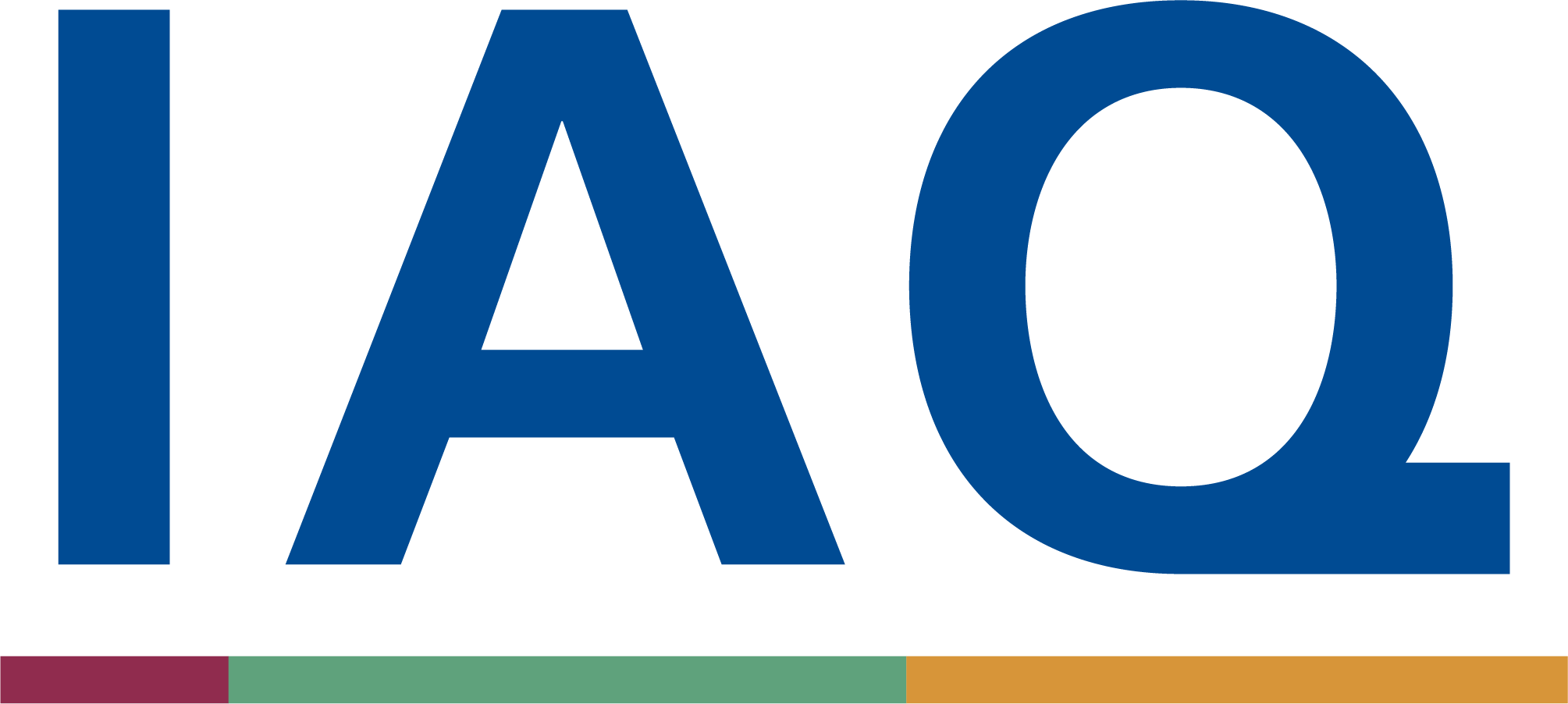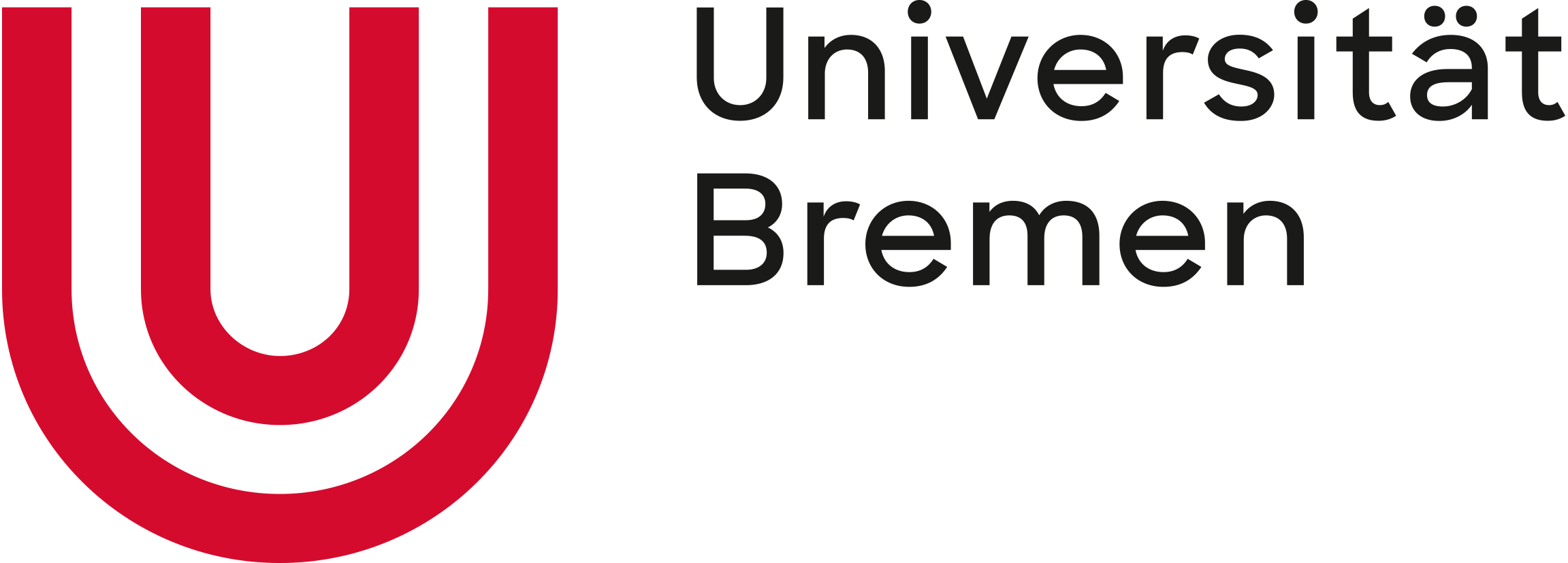Veranstaltung
ILTSS: Gülten Gizem Fesli: Transnational Care Work and Labour Markets
03.04.2025
03. April 2025, 11:00-12:00 Uhr, online
Das DIFIS Forschungsfeld 2 „Herausforderungen der modernen Arbeitswelt“ lädt herzlich zur Teilnahme am siebten und finalen Event der Interdisziplinären Online-Seminarreihe „New World of Work? – Drivers of the Sectoral Economic Transformation & Implications for Social Policies” ein.
Seminar 7: "Transnational Care Work and Labour Markets: Intersectional Union Strategies for Migrant Care Workers in the U.S. and Germany"
Gülten Gizem Fesli | University of Bayreuth, Germany / CCIS, University of California, San Diego, United States of America
Abstract of the Seminar Session:
The transformation of care work is increasingly shaped by migration, informal labor, and sectoral economic shifts. In Germany, transnational care workers from Eastern Europe are often employed in private households with care needs under precarious conditions. Their employment and living situation are characterized by irregularity. This is manifested in socio-spatial isolation, round-the-clock readiness, lack of access to social security, and problems related to residency or illegal entry. In Germany, efforts to improve their situation through unionization are limited because of challenges related to care, gender, and migration regimes (Lutz, 2011). In contrast, the organizing of transnational care workers in the U.S., especially through the United Domestic Workers (UDW) in California and the Domestic Workers Union (DWU) in New York made progress. DWU worked with care workers and civil society actors to strategically organize transnational and Black care workers in private households, including undocumented care workers from (Benz, 2014).
This presentation examines cross-national lessons for organizing transnational care workers by analyzing labor strategies in Germany and the U.S. through an intersectional lens. Drawing from expert interviews with worker centers and unions in both countries, the research highlights key challenges in care labor organizing, particularly the role of migration regimes, racialized labor segmentation, and the exclusion of care work from formal labor protections. Applying an intersectionality framework, the study explores how race, gender, and class intersect to shape organizing efforts.
The analysis situates care work within broader sectoral transformations, where demographic changes, rising care demands, and informalization necessitate rethinking labor protections. While Germany's rigid labor structures hinder institutional adaptation, U.S.-based worker centers have successfully influenced labor policies by integrating migrant and undocumented care workers into advocacy movements. By comparing these contexts, the research identifies how social policies and institutional support impact the effectiveness of labor organizing in an evolving care economy. Findings suggest that Germany can learn from U.S. organizing models, particularly regarding intersectional advocacy, worker centers, and policy interventions aimed at securing labor rights for transnational care workers.
Further Information:
Fesli, G. G. (2025). Trade Union Organizing of Transnational Care Workers in Germany and the USA. Proceedings of the LERA 2024 Meetings. Champaign: Labor and Employment Relations Association.
Arndt, S., Duran, N., Faust-Scalisi, M., Fesli, G. G., Kamrath, L. (eds.) (2024). Intersectional Knowledges. Roots, Routes and Visions. Bielefeld: transcript.
Authors Bio & Affiliation:
Gülten Gizem Fesli (M.A.) is a Ph.D. candidate advised by Prof. Dr. Ingrid Artus (Chair for Comparative Social Structure Analysis, Institute for Sociology, FAU Erlangen-Nürnberg) and Prof. Dr. Annette Henninger (Professor for Gender and Politics, Philipps-Universität Marburg). She is a doctoral candidate at the Doctoral College for Intersectionality Studies at the University of Bayreuth and a Fellow of the Hans-Böckler-Foundation as well as an affiliated Fellow at the Center for Comparative Immigration Studies at the University of California, San Diego. She is currently lecturing at the Institute for Sociology at FAU Erlangen-Nürnberg.
Details: Profile University of Bayreuth and https://www.linkedin.com/in/gizemfesli/.
Weitere Informationen zur inhaltlichen Ausrichtung der Interdisciplinary Lunch Time Seminar Series sowie nähere Hinweise zur Registrierung finden Sie auf unserer Übersichtsseite zur Veranstaltungsreihe.
Wir freuen uns auf den Austausch und Diskussionen zu den Impulsen der Referierenden mit Ihnen!
Das Organisationsteam
Dr. Martin Dietz, Institut für Arbeitsmarkt- und Berufsforschung (IAB), Nürnberg
Prof. Dr. Martin Brussig, Institut Arbeit und Qualifikation (IAQ), Universität Duisburg-Essen
Prof. Dr. Werner Eichhorst, Forschungsinstitut zur Zukunft der Arbeit (IZA), Universität Bonn
Jenny Hahs, Deutsches Institut für Interdisziplinäre Sozialpolitikforschung (DIFIS), Universität Duisburg-Essen
Martin Buchner, Deutsches Institut für Interdisziplinäre Sozialpolitikforschung (DIFIS), Universität Duisburg-Essen
Direkt-Link zur Registrierung bei Evenoo: Anmeldung Evenoo









